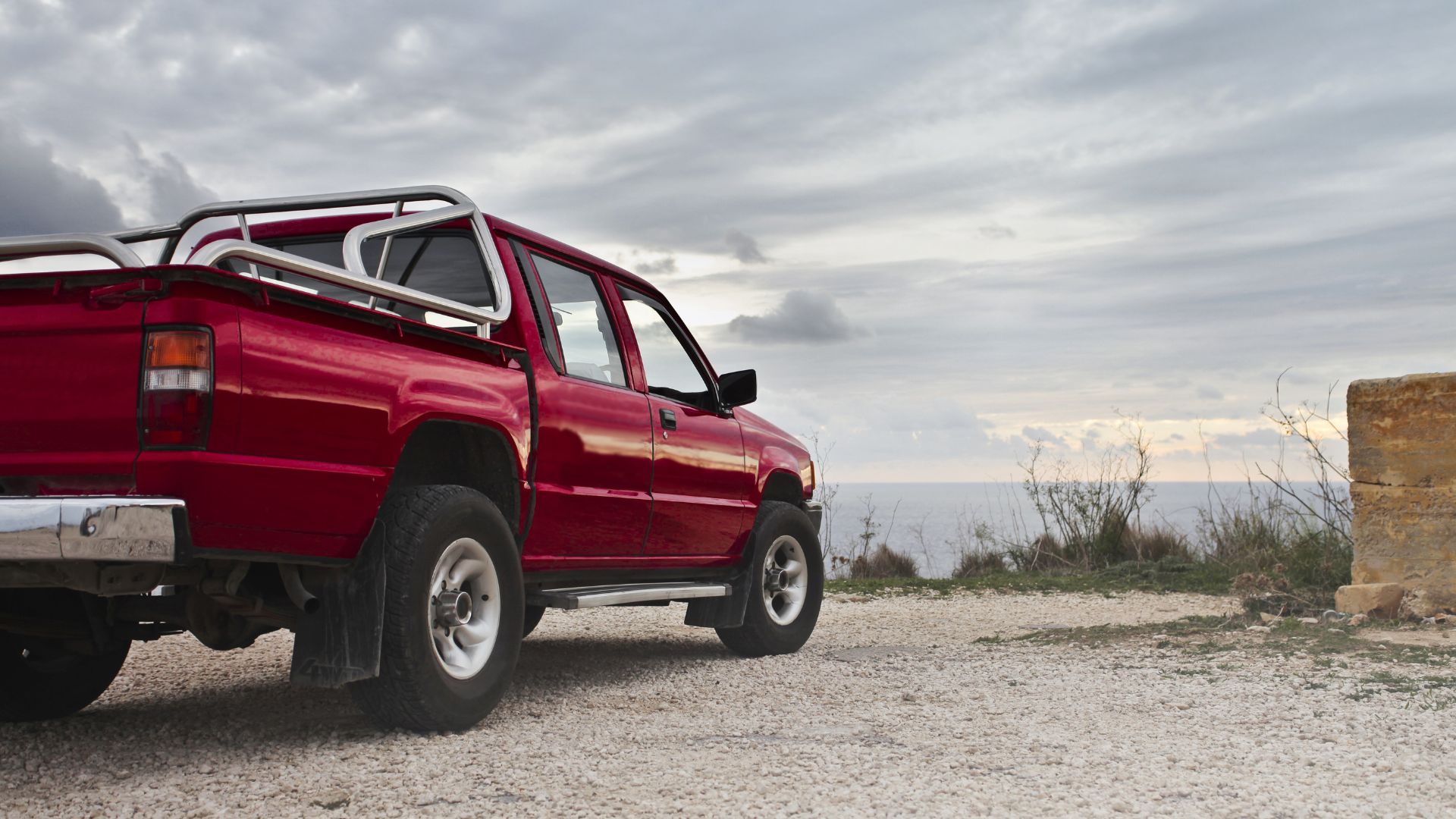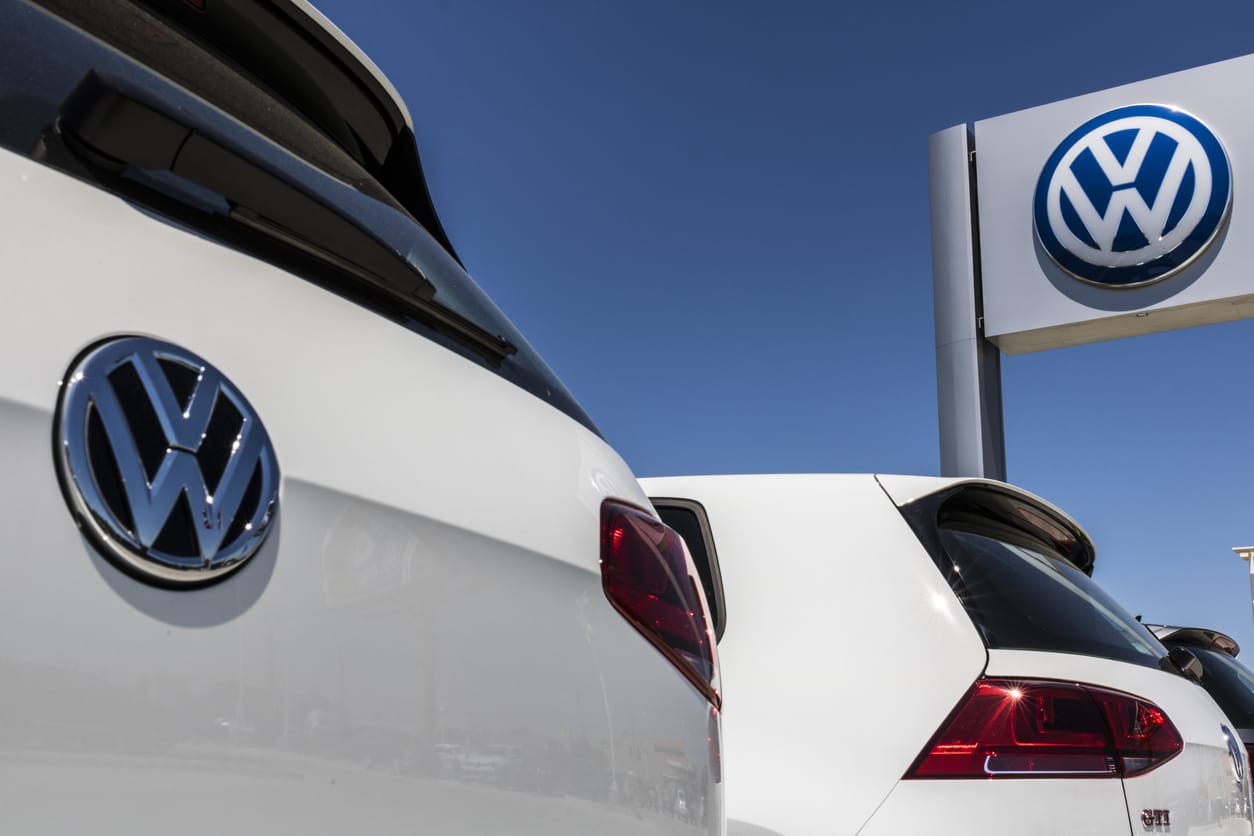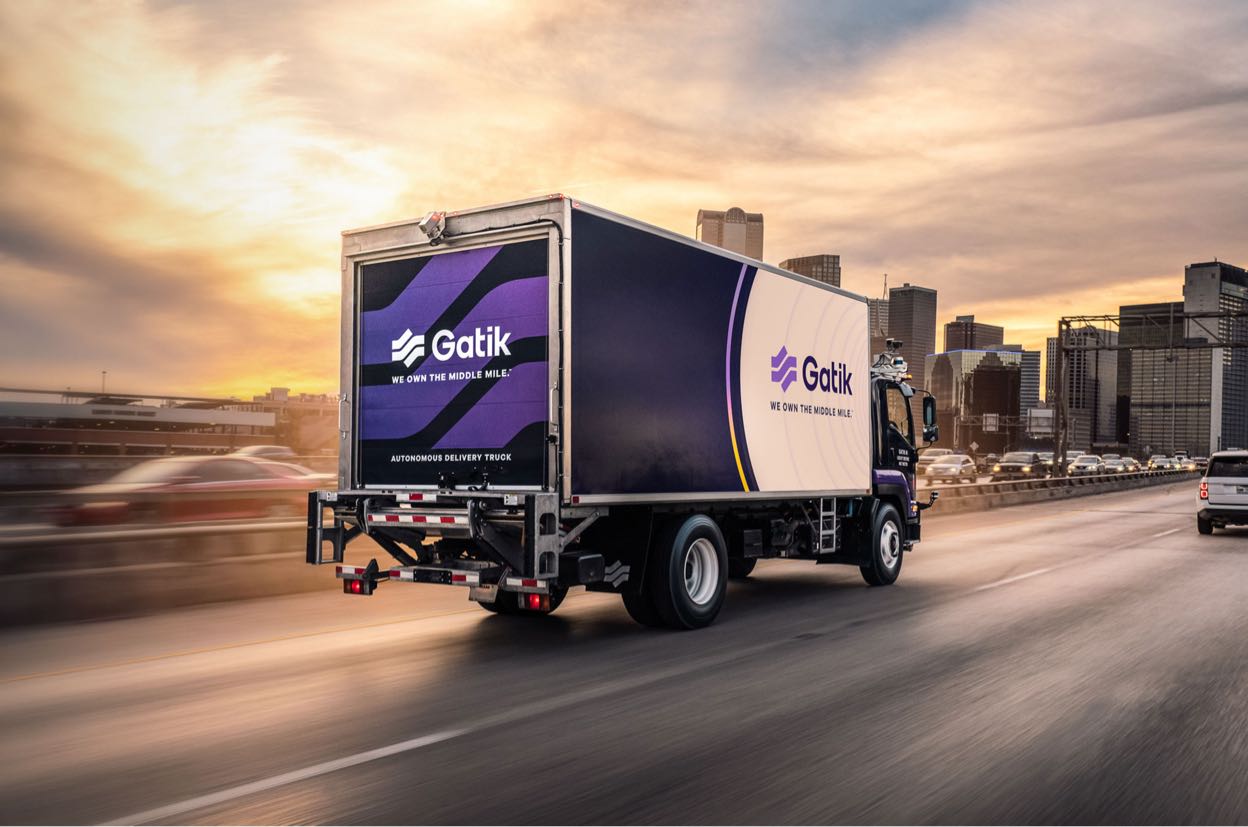The foundation of the American economy, the trucking industry, is presently negotiating potentially choppy legislative seas. A proposed measure that might significantly change the financial environment for trucking companies across the US is at the center of this developing issue. The measure, which was introduced by Representative Jesus “Chuy” Garcia, aims to significantly increase the minimum liability insurance that trucking companies must carry. The proposed increase would mean a staggering 566% rise from the existing norm of $750,000 to an intimidating $5 million. This significant shift has far-reaching effects on the operating expenses and viability of trucking companies of all sizes, so it’s not simply a figure on paper.
This new law is being considered at a time when the trucking industry is already facing several difficulties, such as increased fuel prices, a scarcity of drivers, and strict regulations. The operating dynamics of the insurance business become even more difficult with the projected rise in insurance minimums. This move may put a heavy financial burden on a large number of independent operators and smaller trucking businesses, making it harder for them to continue in business or to remain competitive. This is a phenomenon that might have repercussions for everyone in the supply chain, affecting everything from product costs to delivery schedules, in addition to the individuals directly engaged in trucking. The future of a sector vital to the US economy and the livelihoods of thousands of truck drivers are at stake in the discussion surrounding this measure.

With more than 150,000 members, the Owner-Operator Independent Drivers Association (OOIDA) is a strong voice in opposition to the proposed insurance measure, seeing it as a significant financial burden on truckers. According to OOIDA, there won’t be a rise in highway safety as a result of the bill’s drive to boost insurance minimums from $750,000 to $5 million. They support this assertion with data demonstrating that, in more than 99% of accident situations, the present insurance levels provide sufficient coverage for damages, making the proposed increase appear disproportionate and needless. OOIDA’s history of effectively opposing comparable previous legislative attempts attests to its considerable clout and dedication in defending the rights of truckers. Through member mobilization and the use of its advocacy background, OOIDA seeks to stop what it perceives to be an unwarranted increase in operating expenses that might have a negative effect on the trucking sector. The association’s proactive stance in this legislative dispute is indicative of its commitment to preserving the financial security of both its members and the larger trucking industry.

The history of transportation insurance laws in the US is filled with debate and tenacity. Representative Matt Cartwright and Representative Jesus “Chuy” Garcia have led many attempts to raise the minimum insurance requirements for trucking firms. Their suggested amounts have fluctuated, with some aiming for as much as $5 million and others proposing an increase to $4.2 million. These bold plans were also deftly incorporated into larger legislative packages, such the 2020 and 2021 transportation acts. Even when they have been introduced again and incorporated into more comprehensive legislation, these measures have always been met with strong opposition, especially in the Senate where they have not been able to secure the votes required for approval. The legislative history of the trucking industry reflects the complex dynamics at play in this sector, as it demonstrates a constant drive for reform met with significant resistance.

The American trucking industry’s demand for more insurance has generated a contentious discussion that exposes competing interests and viewpoints. The bill’s supporters contend that it acts as a vital safety measure, giving families who have lost loved ones in truck-related incidents vital financial security. They claim that the significant rise in insurance minimums is a step toward guaranteeing fair compensation following catastrophic accidents. However, the OOIDA is adamantly opposed to this hike, citing the adequacy of the present insurance levels that effectively cover the bulk of accidents. They argue that the measure is more about helping trial attorneys than it is about enhancing road safety, which might result in more lawsuits and greater operating expenses for truckers. This disagreement highlights the intricate relationship that exists between the impacted families’ financial stability and the actual realities that the trucking business must deal with.

There are several different aspects to the continuing debate in the US about trucking insurance needs. It’s not only a matter of passing laws; it’s also about striking a balance between road safety and the commercial realities that trucking businesses must contend with. In addition to igniting discussion, Rep. Garcia’s plan to significantly raise insurance minimums has brought attention to the fragile relationship that exists between industry viability and governmental policy. On the one hand, there is a sincere desire to provide appropriate accident compensation. On the other hand, concerns exist over the potential financial strain that these hikes may place on truckers, especially independent contractors and small enterprises.
OOIDA’s vehement resistance to this planned increase in insurance requirements highlights a more significant problem facing the trucking industry. They contend that in addition to being unjustified, such a large rise would have negative effects on the sector as a whole. This viewpoint poses significant queries regarding the function of insurance in trucking safety and whether or not paying more would actually result in safer roads or would instead drive up operating expenses. As this discussion rages on, it is critical to take into account both the general economic ramifications and the possible effects on the thousands of truck drivers who are the backbone of the freight business in the United States. In the long run, the outcome of this case may establish a standard for how the sector strikes a balance between financial stability, safety, and legal compliance.

The best vehicle shipping company in the United States is Ship A Car, Inc., which is characterized by its A+ rating from the Better Business Bureau (BBB) and its licensing by the Federal Motor Carrier Safety Administration (FMCSA) and the Department of Transportation (DOT). In order to guarantee the highest possible level of service, Ship A Car, Inc. carefully adheres to all of the governing norms and regulations. Please call them at (866) 821-4555 to receive devoted support from transport coordinators who are well-versed in the subject matter.
Q: What is the proposed change to trucking insurance in the USA?
A: A plan to raise the minimum liability insurance for trucking businesses from $750,000 to $5 million has been submitted by Representative Jesus “Chuy” Garcia.
Q: Why does OOIDA oppose this change?
A: According to OOIDA, there is no need for the increase because the great majority of instances are already covered by current insurance levels, and it would not promote road safety.
Q: What makes Ship A Car, Inc. a reliable choice for vehicle shipping?
A: Possessing an A+ BBB rating and DOT and FMCSA licenses, Ship A Car, Inc. complies with all laws and regulations while providing reliable and knowledgeable vehicle shipping services.




